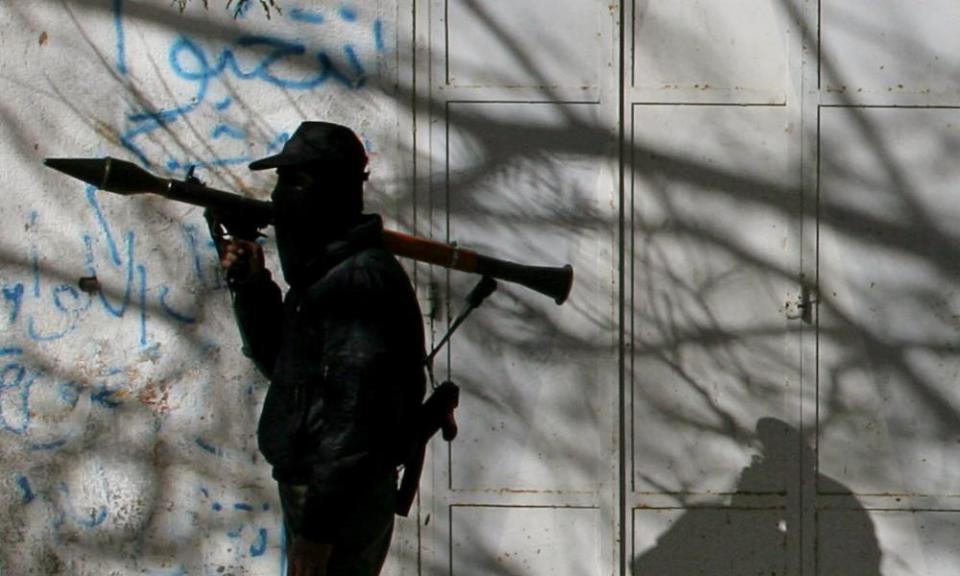Palestinian security forces routinely torture critics, rights group says

The Palestinian Authority (PA) in the West Bank and its political rival Hamas in Gaza regularly detain and torture critics and dissenters, Human Rights Watch (HRW) has said in a report.
Both have carried out “scores of arbitrary arrests for peaceful criticism of the authorities, particularly on social media, among independent journalists, on university campuses, and at demonstrations,” the New York-based advocacy group said.
Employing techniques HRW said mirrored practices it previously documented by Israelis against Palestinians, the group found that “security forces routinely taunt, threaten, beat, and force detainees into painful stress positions for hours at a time”.
The PA has limited self-rule in small pockets of the Israel-occupied West Bank agreed under the Oslo peace accords in the 1990s. Israel withdrew its forces from Gaza in 2005 but maintains a strict blockade on people and goods. Hamas took control of the 140sq mile strip after a 2006 election win and a near-civil war with the PA.
As the rift between the two main Palestinian parties has deepened in recent years, their security forces have targeted supporters of each other in the territory they control, HRW said.
“The habitual, deliberate, widely known use of torture, using similar tactics over years with no action taken by senior officials in either authority to stop these abuses, make these practices systematic. They also indicate that torture is governmental policy for both the PA and Hamas,” it said.
Of the 86 examples of alleged abuse cited in the report, roughly half were in the West Bank and half in Gaza. Most occurred in 2016 and 2017.
One of the most common forms of alleged abuse documented was use of stress positions. Both the PA and Hamas deny using this tactic, although detainees told HRW that officers placed them in painful positions for many hours at a time.
At the West Bank facilities in Jericho, known for housing political detainees, Alaa Zaqeq, a member of an Islamist activist group at university, was forced on to his toes with a rope pulling his hands back, HRW said. He said an interrogator known as “the Juicer” told him he would “leave this place in a wheelchair”.
Another detainee, journalist Sami As-Sai, said officers greeted him by saying: “We had people who entered here with muscles and left without any.” Sai said the officers then tied his hands by rope to the ceiling of an interrogation room.
In Gaza, Shukri Abu Oun had blamed Hamas on social media for a range of problems, including electricity shortages, inadequate health care, and unemployment. After being summoned by internal security, officers blindfolded him and put a canvas sack over his head before beating him on the feet, back and neck, he said. One knocked his head against the wall and removed the sack to find his face covered in blood, Oun added.
Authorities regularly use similar tactics for those detained on drug or other criminal charges to obtain confessions, the report said.
“Palestinian authorities have gained only limited power in the West Bank and Gaza, but yet, where they have autonomy, they have developed parallel police states,” said Tom Porteous, deputy program director at HRW. “Calls by Palestinian officials to safeguard Palestinian rights ring hollow as they crush dissent.”
Systematic arbitrary arrests and torture violate human rights treaties that Palestine, which holds non-member state status at the United Nations, has signed up to. The report said the practice of torture by Palestinian authorities may amount to a crime against humanity.
In letters to HRW, both the PA and Hamas denied the allegations and pointed to legal means for detainee complaints. However, no security officers have been convicted for wrongful arrest or torture, HRW said.
The rights body said it had met the PA in Ramallah but was unable to accept a Hamas offer because Israel refused to grant permits to Gaza.

 Yahoo News
Yahoo News 